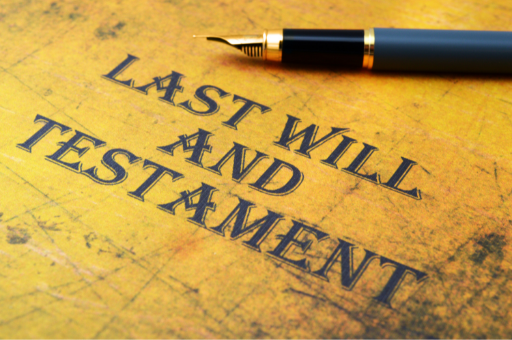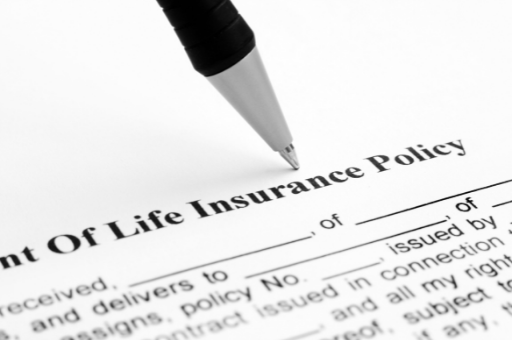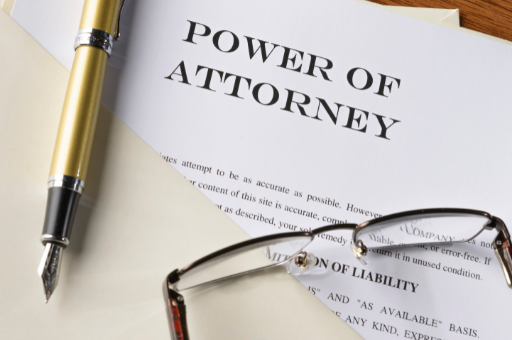
Estate Planning
Estate planning is crucial for all of us, especially if you have a terminal illness. It is a way to protect your assets, possessions, and money for you and your heirs. It will assure your estate is given out the way you want. Many methods are available to help you do this. Some can minimize estate/inheritance taxes by avoiding or minimizing the involvement of probate court.
If you attempt your own estate planning, it is important to remember that most documents require two witnesses. It is better if the signers are not beneficiaries. The signatures may have to be notarized, but it is a good idea in any case. If you have property in different states, you may need separate documents for each one.
Everyone should have an estate plan specific for their needs. It is important to have a basic understanding of estate planning, even if you decide to use an estate planning professional. Since you can’t expect any verbal requests about your estate to be enforced, everything has to be in writing.
Important information to include in your estate plan
- Financial plans for retirement.
- Contingencies for the possibility of both death and disability, including insurance.
- Ways to protect your assets from estate, inheritance and gift taxes, probate court, and creditors.
- Your wishes for your assets upon your death, what they are, who they will go to, and what they are to be used for.
- Specific plans for the financial well-being of your family including investment suggestions, trust details, and designating funds for specific purposes.
- Designation of your beneficiaries and guardianship of young children or other dependents, including pets.
- Designation of persons to manage the estate and finances if you become unable or unwilling to.
- Specific directions and details for your executor or trustee about managing and distributing assets, closing accounts, stopping services such as utilities, and others who will be involved.
- General or specific statement for any other wishes such as procedure details and contact information.
You should talk with your intended trustee, power of attorney, and/or executor before creating any document designating them.
If they have not been shared before death, make sure you leave behind a document that has the location of all your assets, including usernames and passwords for digital assets
Your executor will need this document to settle your estate. If you become incapacitated, the person managing your estate will also need it.
Store the necessary documents in a safe place that can be easily accessed by you, your agent, and any other involved party such as a lawyer. See section on Options for Storing Documents, Information, and Files.
Before you meet with your attorney, you can click on the download button form below from FindLaw to collect and record the details necessary to create your estate plan.
Updated: October 4, 2023






